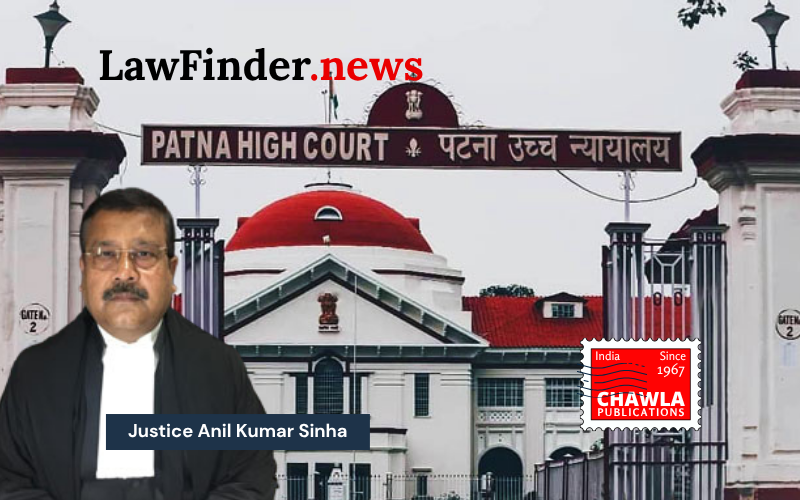The Court invokes the doctrine of proportionality, urging a balanced approach in academic discipline cases involving impersonation during examinations.
In a landmark judgment, the Patna High Court has intervened to modify the harsh penalties imposed by Aryabhatta Knowledge University on students involved in impersonation during medical examinations. The Court stressed the importance of adopting a reformative approach, balancing institutional discipline with opportunities for student rehabilitation.
The case, Bhawesh Kumar Bhaskar and Others v. The State of Bihar, involved several petitions challenging the University's decision to cancel admissions and permanently expel students accused of impersonation. The Vice Chancellor of Aryabhatta Knowledge University had ordered permanent expulsion and cancellation of admissions for these students, relying on the University's "Rules for Unfair Means."
The Court, led by Justice Anil Kumar Sinha, highlighted the disproportionate nature of the punishment and the necessity of reformative justice. The judgment underscored that extreme penalties should be reconsidered, especially for first-time offenders, and emphasized that academic discipline should not exclude the possibility of student rehabilitation.
Justice Sinha, referencing the Aryabhatta Knowledge University Act, indicated that the Vice Chancellor has discretion under Section 27(d) of the Statute to impose a range of penalties, including fines and temporary expulsion, rather than opting for the most severe form of punishment. The Court noted that the Rules for Unfair Means should complement the statute and not restrict the Vice Chancellor's discretion.
In its judgment, the Court modified the penalties, allowing the petitioners to remain expelled for a limited period instead of permanent expulsion. It directed that results be withheld and fines be imposed, thereby offering the petitioners a chance for reform and continuation of their academic careers.
The Court also took into account the UGC Guidelines from April 2023, advocating a reformist approach in disciplinary actions. Justice Sinha echoed sentiments from previous judgments, emphasizing that the aim should be to correct the student's behavior and not to end their academic careers prematurely.
The decision is expected to have wide-ranging implications for how educational institutions handle disciplinary matters, urging a shift from purely punitive measures to ones that allow room for student improvement and rehabilitation.
Bottom Line:
Disproportionate punishment imposed by the University on students for impersonation during examinations was modified by the High Court, invoking the doctrine of proportionality and emphasizing reformative justice.
Statutory provision(s): Aryabhatta Knowledge University Act, 2008 - Section 27, Rules for Unfair Means, Article 226 of the Constitution of India, Bharatiya Nyaya Sanhita, 2023 - Section 319 (2)
Bhawesh Kumar Bhaskar v. State of Bihar, (Patna) : Law Finder Doc Id # 2781549




